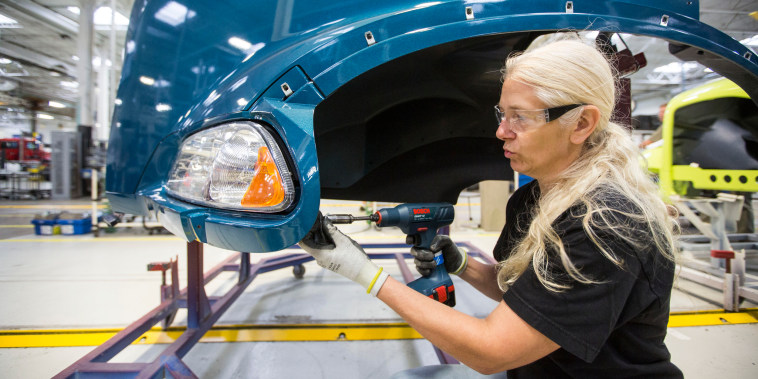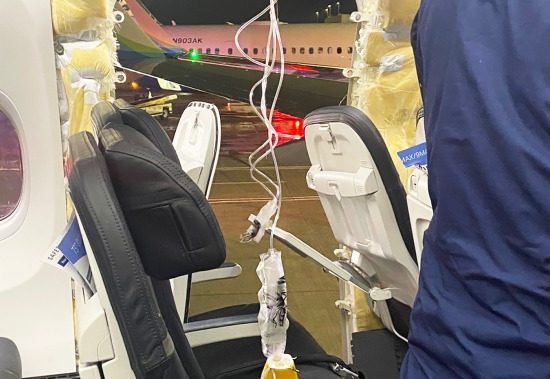Mack Trucks Employees Reject Contract and Go on Strike
Mack Trucks employees have recently gone on strike after rejecting a newly proposed collective bargaining agreement. Employees were not satisfied with the terms of the contract, which could significantly reduce take-home pay and affect job security. After nearly a week of talks between the company and union, an agreement could not be reached and employees began walking out of factories and offices in protest.
This is the largest strike to affect Mack Trucks since 1978, when workers across the company were protesting similar issues such as wages and job security. This time around, the stakes are even higher. The new agreement proposed by the company would reduce the pay of many employees; additionally, it would allow Mack Trucks to freely hire temporary workers, leading to an overall reduction in the number of employees and job security for those remaining.
The proposed contract failed to resolve the issues the union has raised, including pay, benefits, and an end to automation of certain tasks. In addition, some of the changes to the scheduled working hours and overtime are unpopular among members of the United Automobile, Aerospace, and Agricultural Implement Workers of America (UAW).
The UAW released a statement expressing their disappointment with the final outcome and encouraging Mack Trucks to reconsider their position. “We strongly believe that there remains a mutually beneficial solution to this dispute that preserves the contributions of our workers and the competitive position of our company that can be had.”
The strike has been affecting production at all Mack Trucks factories and distribution centers across North America, with an estimated 4,500-5,000 employees walking off the job. This could lead to significant delays in production of Mack Trucks products, leading to potential losses in sales and reputation.
Both the union and the company are being urged to come to a resolution as soon as possible, so that workers can return to their jobs and Mack Trucks can resume production of their products. A resolution has yet to be reached, though negotiations are ongoing.





